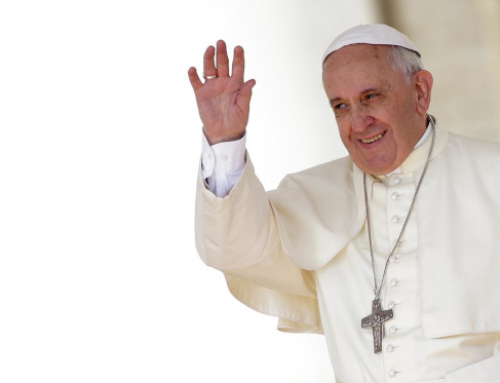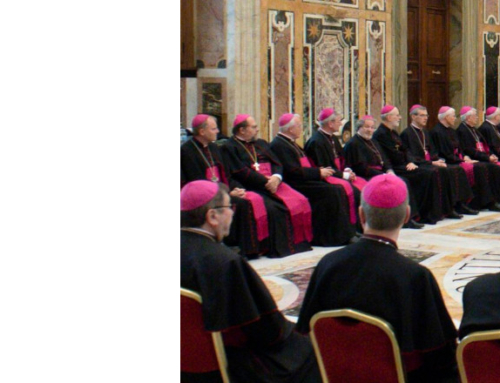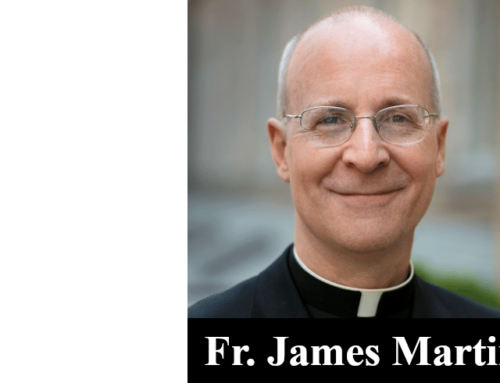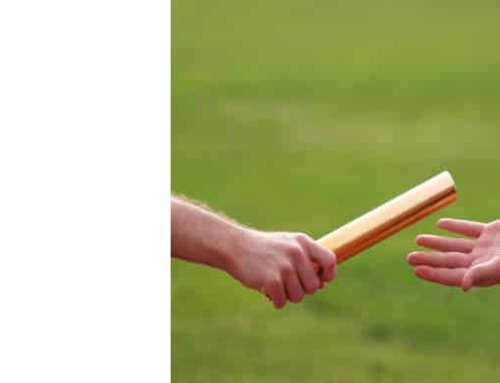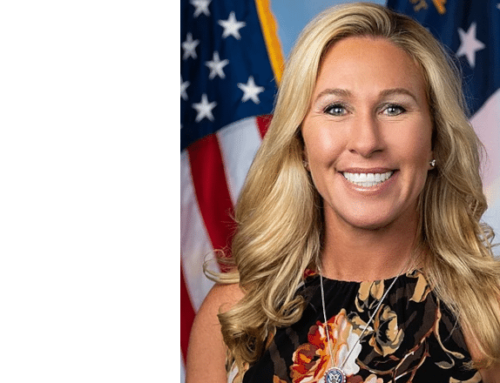Catholic League president Bill Donohue comments on a new Gallup poll:
Gallup released a poll on July 8th showing a decline in the public’s confidence in the church or organized religion. It found that 36% had a “great deal” or “quite a lot” of confidence; 36% had “some”; and 29% said they had “very little” or “none.” That was the lowest degree of confidence recorded since 1973. Still, 72% of Americans continue to express confidence in the church or organized religion.
It is not hard to determine the decrease in confidence. The biggest drop occurred in 2002 when the Boston Globe published its series on the Catholic clergy sexual abuse scandal. This obviously colored the perception of the public about religious institutions in general.
Ironically, confidence in religious entities was at its highest when the scandal was raging (the lion’s share of the abuse took place between 1965 and 1985), but the public knew nothing about it. When it became big news, the stories were mostly about old cases, but the media gave the impression that the scandal was ongoing. It still does, even though it is factually without support.
Not surprisingly, those who have no religious affiliation have the least favorable view of religious institutions, registering a confidence vote of just 8%. It would be fascinating to learn how many of these people, who are disproportionately young, have a great deal of confidence in themselves.
The Gallup poll measured the level of confidence for 15 institutions. The confidence in religious institutions was the sixth highest. The top three were the military, small business, and the police. The presidency was fourth. In last place was the Congress. Also at the bottom were newspapers (12th place) and television news (14th).
Congress has come in last place since 2010. Unlike the dip in confidence in churches, this probably has less to do with media coverage than it does with a sustained sense of exasperation with the institution itself. Lawmakers appear to be more interested in bickering and launching investigations than they do in getting things done and passing meaningful legislation. Health care and immigration are two prime examples.
The lack of confidence in the media (newspapers and TV news) is due to media bias. To be sure, it is not due to biased reporting by the media on itself. No, it is due to the perception that the media have become increasingly politicized, having lost a sense of objectivity. The difference between news reporting and commentary has been blurred, leading to a lack of confidence in the media to accurately report the news.
Religious institutions have been hurt but their standing is still relatively strong. The real story here is the abysmal record of the media and the Congress: 39% have “very little” or “no” confidence in newspapers; 48% feel that way about TV news; and 52% say that about the Congress.
If there is one takeaway from this survey that has political implications it is this: current perceptions of the media and the Congress are more likely to hurt the Democrats running against President Trump than they are to hurt him. Indeed, he has used the Congressional stalemate to his advantage. And he has certainly benefited from media bias against him, which is palpable, to score points with the electorate.



